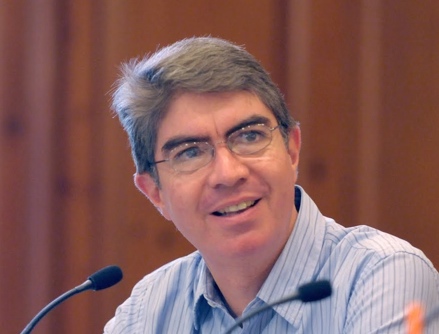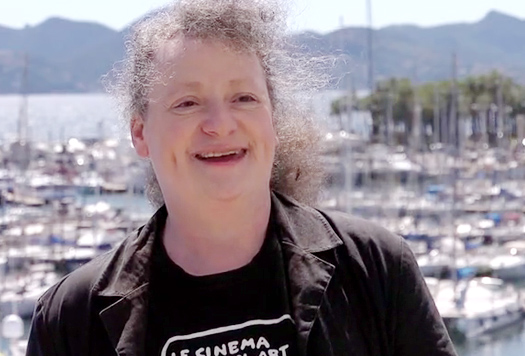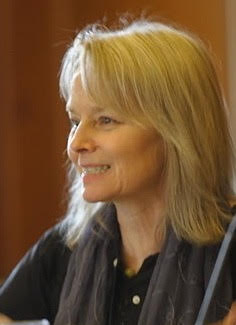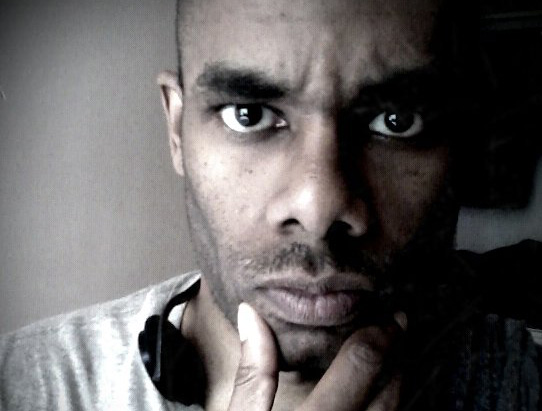“Honey, I Shrunk the Iron Curtain!”
It may seem an odd choice for a personal classic, but you need to bear in mind under what circumstances this writer had first encountered Joe Johnston’s less-than-pint-sized family adventure flick, “Honey, I Shrunk the Kids.” The year was 1990, the Berlin Wall has just fallen, and the eight-year-old me was eager to lay his mitts onto any chunk of Hollywood fun that wandered into the emaciated landscape of post-Communist Poland. At the time, me and my friends would inhale anything that smacked of American affluence and unbridled pop energy. Most of us didn’t own a pair of jeans, but we still craved movies showing people casually sipping Coke and having pizza slices when they pleased. (Hence the “Teenage Mutant Ninja Turtles” craze, among others.)






